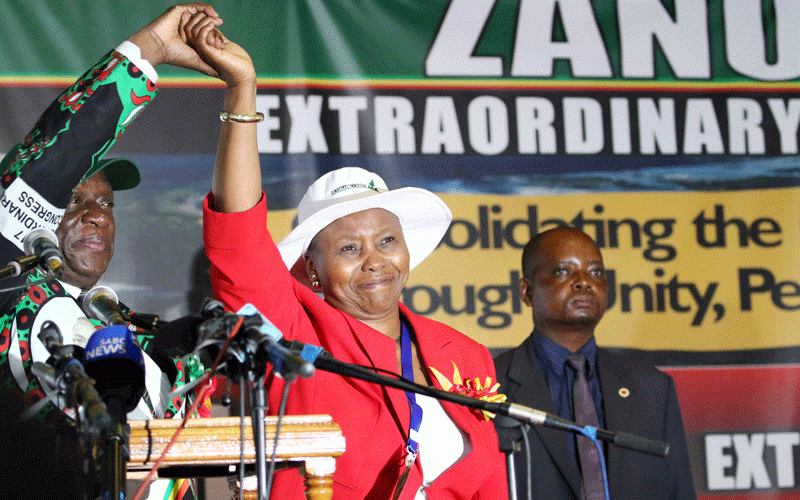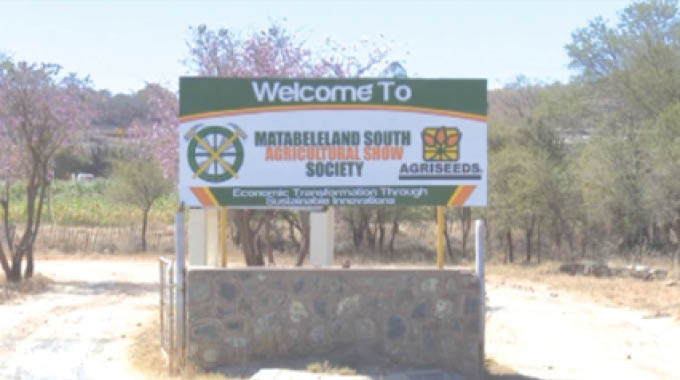
AN ambitious campaign to push President Emmerson Mnangagwa to extend his term in office beyond 2028 suffered a major setback when a major Zanu PF party arm failed to endorse the move in its resolutions published ahead of the ruling party’s annual people’s conference starting today at the ZITF Grounds in Bulawayo.
Zanu PF holds its 21st annual conference amid simmering anxiety within its ranks as the ruling party reels from an uncertain future blighted by factionalism, a leadership wrangle and ambitious political goals at the top table.
The party has been divided by the ambitious plan spearheaded by the leadership in the Midlands and Masvingo provinces, who want Mnangagwa to remain in power beyond 2028 when his term in office expires.
The ED2030 slogan has not only left ordinary Zimbabweans on the edge, but has also divided opinion among party activists.
Mnangagwa himself has, on several occasions, indicated that he would not seek a term extension as a “constitutionalist”, but his words have not deterred his supporters from pushing the controversial agenda.
Even if the party pushes for an amendment to the Constitution, the supreme law of the land states that an office bearer cannot be a beneficiary of the amendments, hence pushing Mnangagwa by the way side.
In their resolutions ahead of the conference, the Zanu PF UK District Executive Council said it supported Mnangagwa’s commitment to constitutional governance.
“President Emmerson Mnangagwa has explicitly stated that he took an oath office to respect the Constitution of the country,” the council said.
- Mr President, you missed the opportunity to be the veritable voice of conscience
- ED to commission new-look border post
- Zanu PF ready for congress
- EU slams Zim over delayed reforms
Keep Reading
“And that he will not seek to extend his tenure in office beyond what the Constitution he took oath of office to respect states. We steadfastly support the President’s call of respecting the Constitution of the country.”
Speaking from his based in the UK, district chairperson Xavier Zavare said their resolution was informed by Mnangagwa’s sentiments.
“We cannot go against the First Secretary and the President of the party and country’s words. That would be disrespectful of us to do so,” he said.
“Zanu PF is a democratic institution which allows for members to share their views on various issues and bring them as resolutions to conference.
“They will be debated and agreed upon. What is agreed by the party delegates in the majority becomes our whole membership position.”
The council also called for the establishment of a dedicated Diaspora Affairs ministry aimed at leveraging the potential of Zimbabweans abroad beyond their financial contributions.
The move aligns with practices in other African nations, such as Senegal and Kenya, where dedicated ministries have proven to be effective in enhancing diaspora engagement.
“Foreign Affairs ministry should deal with its primary role and interests on foreign relations issues which are not necessarily diaspora population matters,” the council said.
Among the key resolutions is a motion to ensure full representation of diaspora structures within the central committee of the party emphasising the importance of empowering diaspora members, who contribute significantly to Zimbabwe’s economy through remittances.
Zimbabwe’s diaspora community reportedly remits an estimated US$2 billion annually, which is approximately 20% of the country’s foreign currency inflows.
The Zanu PF UK District also called for urgent reforms in public health, calling on the government to prioritise investment in healthcare facilities, ensuring accessible and affordable medical services for all citizens.
The resolutions also include a call for the banking sector to investigate exploitative practices that undermine economic stability.
The UK District urgeed financial institutions to cultivate a culture of saving rather than imposing burdensome charges that deter investment.
The district’s move against the ED2030 agenda follows a similar path by a shadowy group calling itself the General Chiwenga Voluntary Supporters Association which is rallying Zimbabweans to oppose an amendment of the Constitution for Mnangagwa to remain in office when he constitutionally mandated two terms end in 2028.
Mnangagwa, who turned 82 last month, has on three occasions said he does not harbour any ambitions to stay in power.
The Constitution of Zimbabwe only allows a President to serve a maximum of two five-year terms.
However, party sources have also dismissed the factional fights as a storm in a tea cup while indicating that Mnangagwa and his deputy Constantino Chiwenga would not let the ship sink under their watch.
They also dismissed the battle lines drawn among party supporters over the succession issues.
“We still have a long way to go and it is too early to start worrying about that issue. Even the vocal war veterans have been silenced to the extent that the party created a War Veterans League to neutralise the Zimbabwe National Liberation War Veterans Association and those who are in the party structures are not worried about the noise in the latter,” they said.
The sources, however, conceded that some of the delegates would also try to seize the opportunity to rouse some rabbles.
“Yes, one or two of the delegates would chant the controversial slogan, but it’s too early for any agenda-setting that would decide the fate of the ambitious term extension,” the said.
“What is certain is that four people will decide the future of Zanu PF and that is the leaders, who are part of the Zanu PF presidium.”
Political analyst Ruben Mbofana, however, predicted a tense atmosphere at the conference saying Zimbabwe should expect fireworks.
“There are reports that the women’s league is planning to push for a (Zanu PF) constitutional amendment, which mandates one of the vice-presidents to be a woman.
“This is aimed at removing Chiwenga, who will likely be replaced by Mabel Chinomona. The upcoming conference is also expected to be the place where the ED2030 faction will table their proposal for the country’s Constitution to be amended so as to remove presidential term limits, which will effectively allow Mnangagwa to extend his stay in office beyond 2028,” he said.
Mbofana, however, admitted that there would be a pushback from Chiwenga loyalists.
“This will further widen the divisions within Zanu PF. Already, we are seeing that veterans of the liberation struggle, and based on some reports, the military is fiercely against Mnangagwa extending his term,” he said.










